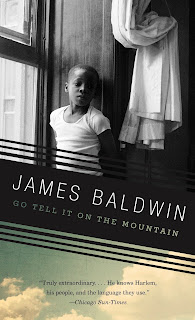whose lives are changed forever by a torrid affair. The Studdart sisters each take a husband; for beautiful Laurel there is Edward Tilney, and for the introverted Janet there is Rodney Meggatt. But the marriages are complicated by changeable passions, and each character must navigate the conflict between familial piety and individual desire. With Bowen’s signature blend of tragedy and comedy, Friends and Relations is truly an investigation into the human heart, and the book is as beautiful, mysterious, and moving as its subject."
After reading Bowen's The House in Paris with no idea of the author and being completely blown away by it, I was deeply intrigued to read more of her work.
Bowen's prose is truly a wonder to behold. The true master in show don't tell, her writing leaves you at once confused and deeply moved. A writer that I feel is fully writing for herself, she barely explains her work but it is so emotionally raw. Leaving you to just sit, and think. Much like we often don't fully understand other people's feelings or thoughts, why should you be able to fully understand the feelings and emotions of her characters? You aren't allowed the easy emotional clarity offered in so much fiction, you are left in the dark just like in real life. This makes her books a deeply feminine experience, with them being rooted solely in emotions rather then logic or motive while never tipping into sentimentality.
However, I do have a few gripes with this book. It felt less tight and polished then The House in Paris. There are too many characters and while they're sketched with skill, they can become unwieldy and confusing to keep track of. Following Theodora to school also feels like an unnecessary interlude.
And, for all my great admiration of Bowen's style, there where sometimes when I wondered what people's deals were? Most specifically Edward. His mother had an affair with a man and, so, was socially "ruined." But this happened when Edward was very young, he had barely, if any, understanding of what was going on. So, when he got older, I couldn't fully understand why he was so caught up on that event. Why had it so deeply scarred him that he wanted to remove his children from the house when the two people who had once had the affair, his mother and the man, are reunited?
Another thing that was more obviously brought into my focus was the class dynamics. All these drawing rooms, well-kept gardens and country houses are maintained by servants who are barely perceptible in the novel and the sense of entitlement can be an irritant.
Age Rating 15+. Nothing untoward but some more difficult prose.


